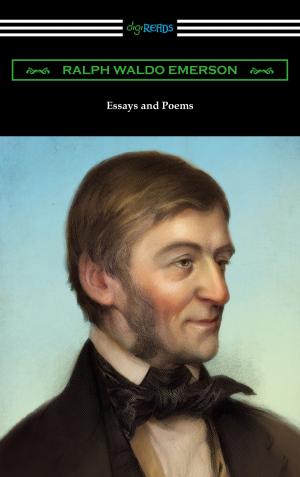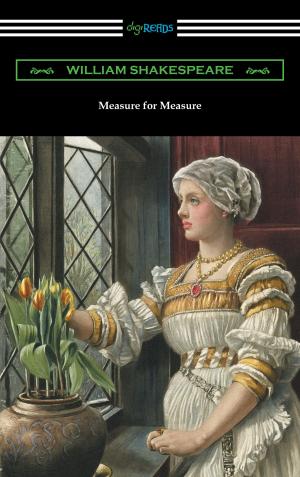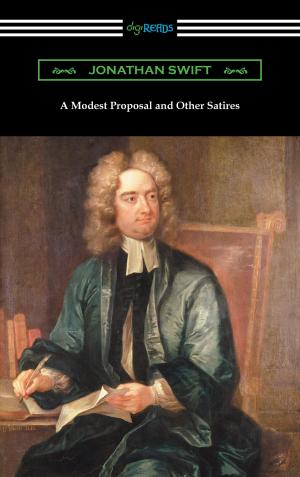| Author: | Ben Jonson | ISBN: | 9781420941944 |
| Publisher: | Neeland Media LLC | Publication: | December 15, 2009 |
| Imprint: | Digireads.com Publishing | Language: | English |
| Author: | Ben Jonson |
| ISBN: | 9781420941944 |
| Publisher: | Neeland Media LLC |
| Publication: | December 15, 2009 |
| Imprint: | Digireads.com Publishing |
| Language: | English |
Benjamin Jonson (1572-1637) was a Renaissance dramatist, poet and actor, known best for his satirical plays and lyric poems. Jonson worked shortly as an actor in "The Admiral's Men", but soon moved on to writing original plays for the troupe. His works are particularly recognizable because of their consistencies in style, intricacy of plot, characterization and setting. One of his early comedies, "The Case is Altered," strays from the playwright's normal works in both structure and plot. These anomalies and the work's exclusion from Jonson's three folio collections lead to confusion among scholars regarding its authorship. The story borrows plots from two plays by Plautus, "Captivi" and "Aulularia," with its characters and events recreated and transported to Elizabethan England. This was Jonson's first attempt at a comedy of humors, to be followed by his more successful "Every Man in His Humour" and "Every Man Out of His Humour".
Benjamin Jonson (1572-1637) was a Renaissance dramatist, poet and actor, known best for his satirical plays and lyric poems. Jonson worked shortly as an actor in "The Admiral's Men", but soon moved on to writing original plays for the troupe. His works are particularly recognizable because of their consistencies in style, intricacy of plot, characterization and setting. One of his early comedies, "The Case is Altered," strays from the playwright's normal works in both structure and plot. These anomalies and the work's exclusion from Jonson's three folio collections lead to confusion among scholars regarding its authorship. The story borrows plots from two plays by Plautus, "Captivi" and "Aulularia," with its characters and events recreated and transported to Elizabethan England. This was Jonson's first attempt at a comedy of humors, to be followed by his more successful "Every Man in His Humour" and "Every Man Out of His Humour".















